Teachers often feel overwhelmed with the sheer amount of work and responsibility they have. This article aims to provide practical tips and strategies for doubling your teaching productivity.
First, we will explore why productivity is important for teachers and what it means. Then, we will delve into specific tips and strategies that can help teachers become more productive.
Explanation of Why Productivity is Important for Teachers
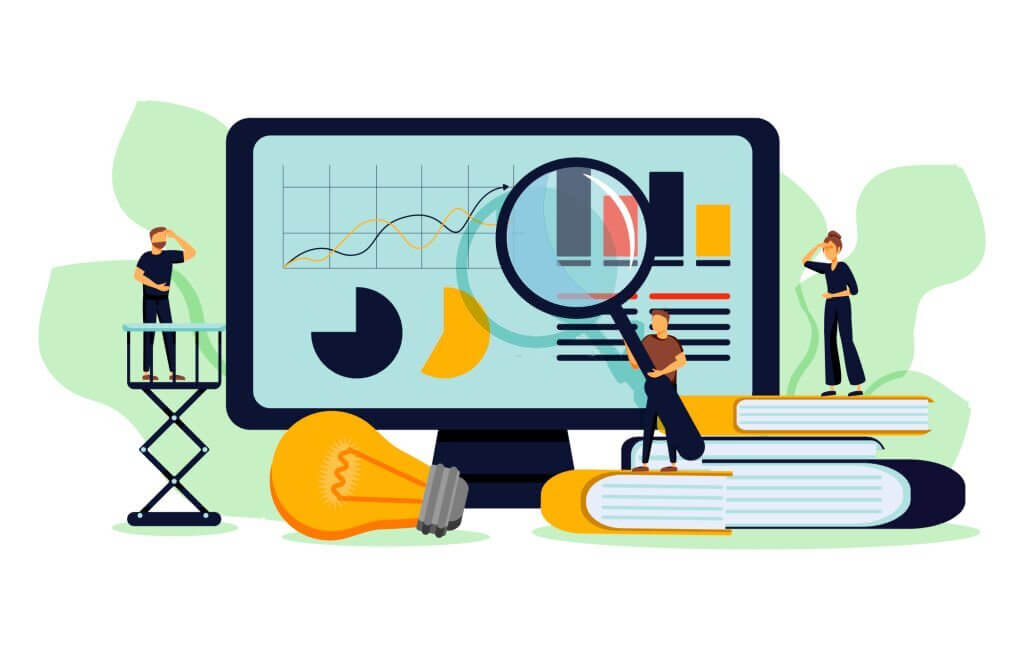
Productivity is essential for teachers because it helps them accomplish their tasks efficiently and effectively. Teachers who are productive can manage their workload and balance their personal and professional lives better.
Definition of Productivity
Productivity is the measure of how efficiently and effectively teachers use their time and resources to achieve their goals.
Overview of What the Article Will Cover
This article will cover various aspects of productivity, including mindset, planning, delegation, communication, engagement in the classroom, technology, classroom management, self-care, organization, collaboration, professional development, data-driven teaching, creativity in teaching, lesson planning, feedback, managing professional relationships, and teachable moments.
The Productivity Mindset: How to Get Into it

To become more productive, it is first important to set the right mindset. Here are some tips to help:
Tips for Setting the Right Mindset
- Set realistic and achievable goals
- Focus on progress rather than perfection
- Celebrate small successes
- Break tasks into manageable chunks
Importance of Positive Self-Talk
Positive self-talk can help teachers stay motivated and increase their productivity. Here are some ways to practice positive self-talk:
- Replace negative thoughts with positive ones
- Focus on strengths rather than weaknesses
- Visualize success
Ways to Stay Motivated
Staying motivated can be challenging, but here are some strategies that can help:
- Set incentives for completing tasks
- Find an accountability partner
- Take frequent breaks
The Importance of Planning
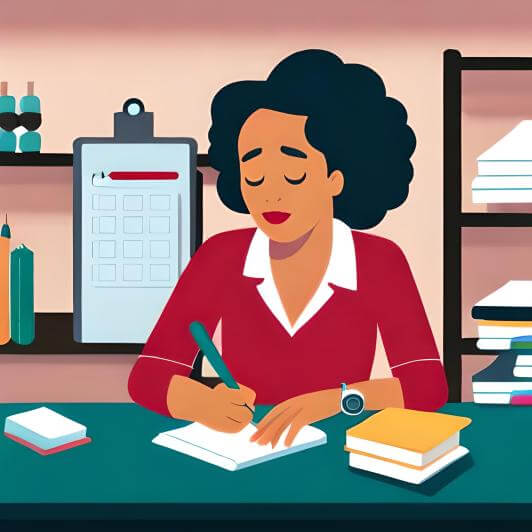
Planning is crucial for teachers to achieve their goals and stay organized. Here are some tips for planning effectively:
Setting Clear Goals
Teachers should identify their short-term and long-term goals and break them down into smaller, achievable steps. This can help them stay focused and motivated.
Importance of Prioritizing
Teachers should prioritize their tasks based on importance and urgency. This can help them manage their workload efficiently and avoid distractions.
Effective Time Management Techniques
Teachers can use various time management techniques, such as the Pomodoro Technique or time blocking, to manage their time effectively and enhance their productivity.
The Power of Delegation

Delegation can help teachers save time and reduce their workload. Here are some things to consider when delegating:
Explanation of Delegation
Delegation is the process of assigning tasks to others who are capable of completing them.
Advantages of Delegation
Delegation can help teachers focus on their core responsibilities, develop teamwork skills in their students, and increase productivity.
How to Delegate Effectively
To delegate effectively, teachers should identify the right person for the task, provide clear instructions, and monitor the progress.
Effective Communication

Effective communication is essential for teachers to connect with their students, colleagues, and parents. Here are some tips for improving communication:
Importance of Communication
Communication can help teachers establish trust, share ideas, and resolve conflicts.
Tips for Effective Communication
Effective communication involves active listening, empathy, clarity, and feedback.
Overcoming Common Communication Challenges
Teachers can overcome communication challenges such as language barriers, cultural differences, and misinterpretations by being aware of them, seeking feedback, and being open-minded.
Increasing Engagement in the Classroom

Engaged students are more likely to learn and achieve their goals. Teachers can increase engagement by:
Innovative Teaching Techniques
Teachers can use innovative teaching techniques such as gamification, project-based learning, and blended learning to increase student engagement.
Active Learning Methods
Active learning methods such as role-playing, group work, and simulations can encourage students to participate and learn actively.
Maximizing Student Participation
Teachers can encourage student participation by asking open-ended questions, providing feedback, and creating a safe and supportive environment.
Technology for Productivity
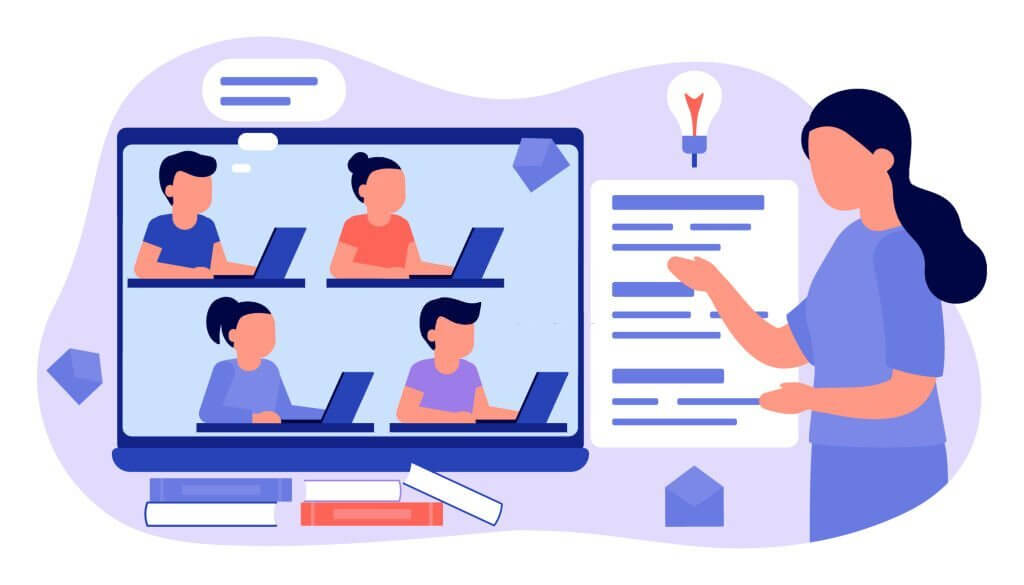
Technology can help teachers become more productive and efficient. Here are some tools that can help:
Overview of Technology Tools for Productivity
Teachers can use various technology tools such as learning management systems, grading software, and educational apps to enhance productivity.
Benefits of Using Technology in the Classroom
Technology can help teachers customize their lessons, provide immediate feedback, and increase student engagement.
Tools for Managing Grading, Lesson Planning, and Communication
Grading software, lesson planning software, and communication tools such as email and video conferencing can help teachers manage their workload effectively.
Incase you want to know about some tools which could help your students out with their productivity levels, feel free to check out “Best Productivity Apps for Students“.
Effective Classroom Management Strategies

Effective classroom management is essential for creating a positive learning environment. Here are some strategies to consider:
Explanation of Classroom Management
Classroom management is the process of managing the physical, social, and emotional aspects of the classroom environment.
Techniques for Maintaining Classroom Discipline
Teachers can maintain classroom discipline by setting clear rules, being consistent, and providing consequences.
Tips for Handling Challenging Classroom Situations
Challenging classroom situations such as bullying, conflicts, and disruptive behavior can be handled by addressing them promptly, involving parents and colleagues, and seeking support.
Taking Care of Yourself: Teacher’s Self-Care

Teachers can get burned out easily, and self-care is crucial for their well-being. Here are some strategies to consider:
Importance of Self-Care for Teachers
Self-care can help teachers manage stress, prevent burnout, and improve their overall well-being.
Strategies for Managing Stress
Teachers can manage stress by practicing mindfulness, engaging in physical activity, and seeking support.
Incase you want to dive deeper into how you should actually do it, we highly encourage you to read “Mindful Work: Using Meditation to Improve Productivity“.
Activities for Relaxation and Renewal
Relaxation and renewal activities such as meditation, hobbies, and travel can help teachers recharge and reduce stress.
Staying Organized: How to Keep Track of Everything
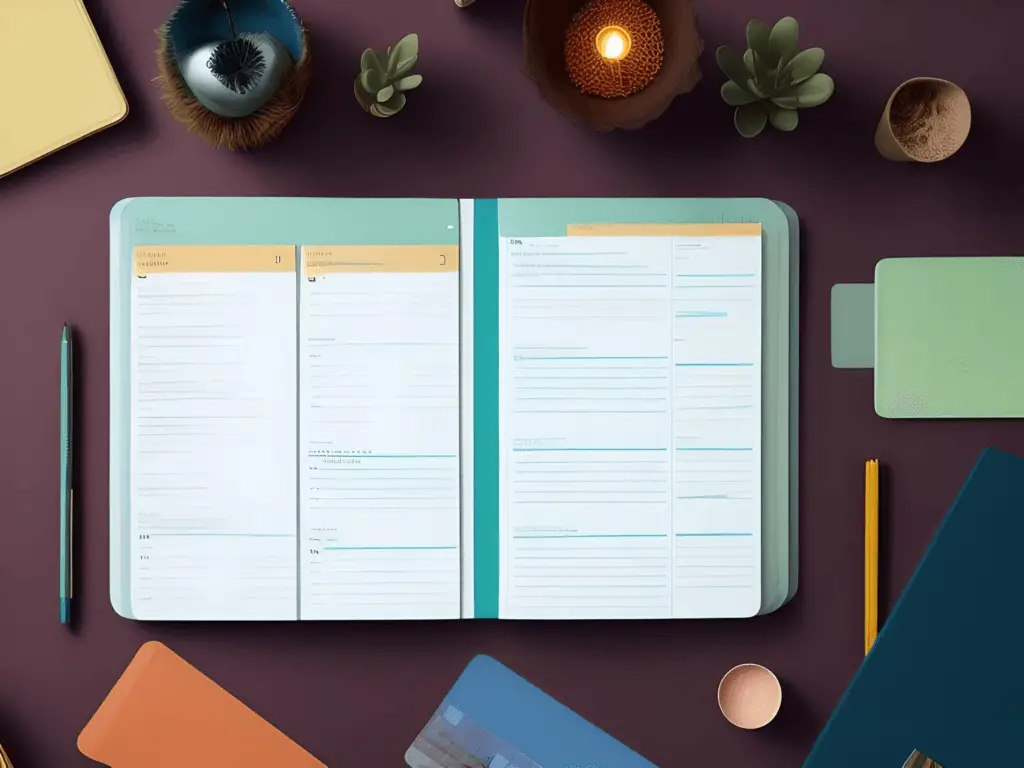
Organizing tasks and information is essential for effective time management and productivity. Here are some strategies to consider:
Importance of Organization
Organization can help teachers manage their tasks, reduce stress, and avoid procrastination.
Tips for Staying Organized
Staying organized involves developing routines, using checklists, and decluttering.
Notion is an excellent tool which helps you organize tasks, goals, etc. We encourage you to incorporate it in your daily life as soon as possible to stay organized.
Strategies for Managing Paperwork and Administration Tasks
Managing paperwork and administration tasks can be overwhelming, but teachers can prioritize, delegate, and use technology tools to manage them effectively.
Collaborating with Other Teachers

Collaboration with other teachers can help teachers share resources, gain new insights, and improve their overall teaching practice. Here is what to consider:
Explanation of the Benefits of Collaboration
Collaboration can help teachers access new ideas, enhance their professional development, and develop a supportive network.
Techniques for Sharing Resources
Teachers can share resources such as lesson plans, teaching materials, and assessment tools by using online platforms, professional networks, and collaborative meetings.
Ways to Engage in Meaningful Professional Development
Meaningful professional development involves attending conferences, workshops, and online courses, as well as collaborating with other teachers.
Cultivating a Supportive Relationship with Parents

Parents can be important partners in the teaching and learning process. Here are some strategies for building a positive relationship with parents:
Explanation of Parent-Teacher Collaboration
Parent-teacher collaboration involves sharing information, setting goals, and working together to support student learning.
Strategies for Effective Parent Communication
Effective parent communication involves being proactive, providing regular updates, and addressing concerns promptly.
Tips for Achieving Positive Parent Relationships
Positive parent relationships can be achieved by showing empathy, respecting diversity, and involving parents in the decision-making process.
Embracing Professional Development
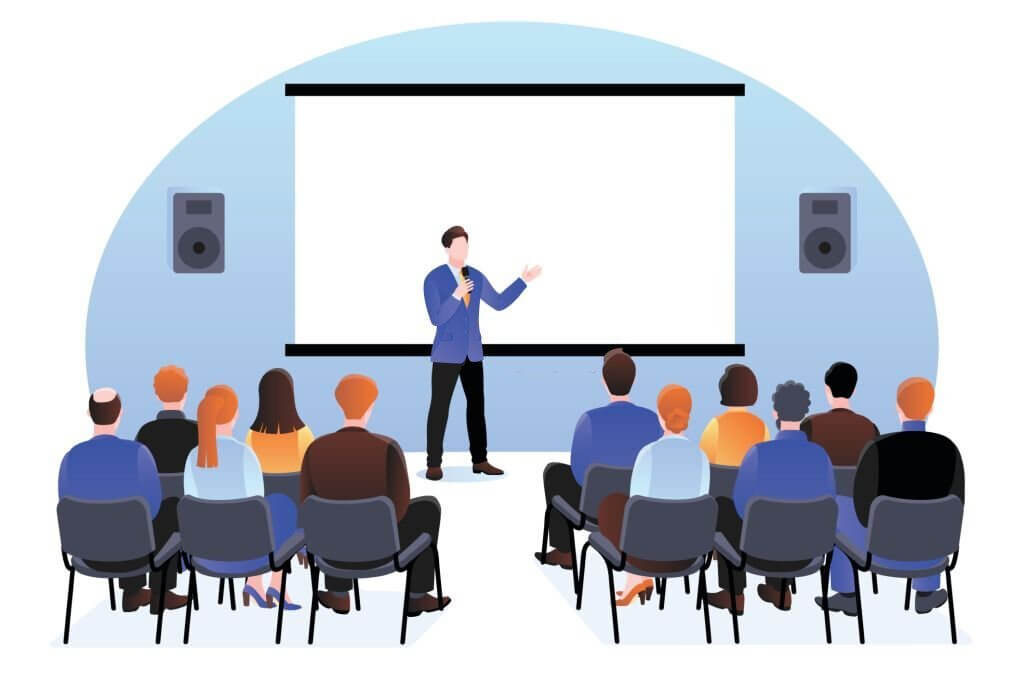
Professional development is essential for teachers to stay updated with current teaching practices, access new resources, and improve their overall teaching practice. Here are some considerations:
Importance of Professional Development
Professional development can help teachers enhance their skills, stay updated with current practices, and increase their employability.
Benefits of Staying Updated with Current Teaching Practices
Staying updated with current teaching practices can help teachers improve their teaching effectiveness, increase student learning outcomes, and broaden their teaching horizons.
Opportunities for Professional Development
Professional development opportunities include attending conferences, workshops, pursuing advanced degrees and certifications, and online courses.
Using Data for Effective Teaching
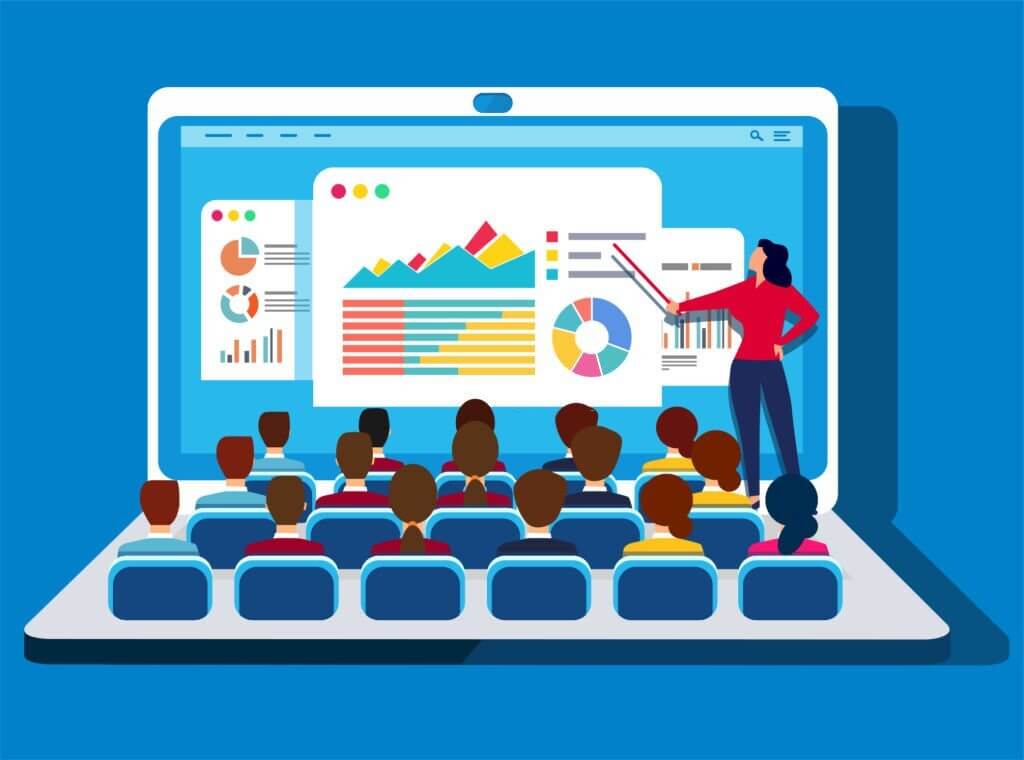
Data-driven teaching involves using data to inform teaching and learning decisions. Here is what to consider:
Overview of Data-Driven Teaching
Data-driven teaching involves collecting, analyzing, and using data to improve teaching and learning outcomes.
Benefits of Data-Driven Instruction
Data-driven instruction can help teachers identify student gaps in learning, personalize instruction, and assess learning outcomes effectively.
Techniques for Gathering and Analyzing Data
Teachers can use various data collection and analysis techniques such as formative assessments, surveys, and data visualization tools to enhance their data-driven instructional practices.
Embracing Creativity in Teaching

Creative thinking is essential for developing student skills such as problem-solving, innovation, and critical thinking. Here are some strategies to consider:
Importance of Inspiring Creative Thinking
Inspiring creative thinking involves developing a supportive and encouraging environment, providing challenges, and promoting curiosity.
Techniques to Encourage Creativity in the Classroom
Teachers can encourage creativity in the classroom by providing open-ended challenges, involving students in decision-making, and promoting risk-taking.
Examples of Creative Approaches to Teaching
Creative approaches to teaching include using storytelling, art, music, and drama in the classroom.
Building Effective Lesson Plans

Lesson planning is essential for effective teaching. Here are some strategies for building effective lesson plans:
Explanation of Lesson Planning
Lesson planning involves developing a clear and structured plan for teaching a particular topic or lesson.
How to Create Realistic and Effective Lesson Plans
Effective lesson plans involve identifying learning objectives, using appropriate teaching strategies, and providing opportunities for assessment.
Techniques for Incorporating Effective Learning Strategies
Incorporating effective learning strategies involves using active learning methods, involving technology, and providing opportunities for collaboration and feedback.
Embracing the Power of Feedback
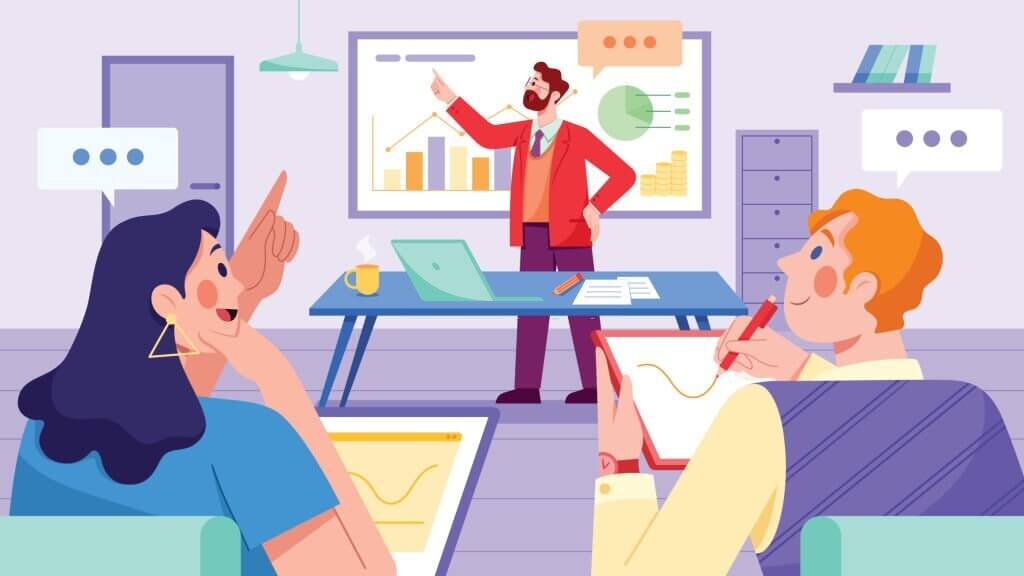
Feedback is essential for improving teaching and learning outcomes. Here is what to consider:
Explanation of Feedback in Teaching
Feedback involves providing and receiving information about teaching and learning outcomes for the purpose of improving them.
Techniques for Providing Constructive Feedback
Constructive feedback involves being specific, focusing on strengths, and providing opportunities for improvement.
Strategies for Receiving Feedback Positively
Receiving feedback positively involves being open to constructive criticism, valuing feedback, and showing appreciation.
Managing Professional Relationships

Professional relationships with colleagues, school administrators, and other stakeholders in the education system are essential for effective teaching and leadership. Here are some strategies to consider:
Techniques for Communicating with School Administration
Communicating with school administration involves being proactive, engaging in active listening, and seeking clarification.
Tips for Building Productive Relationships with Colleagues and Superiors
Building productive relationships with colleagues and superiors involves showing respect, building trust, and being collaborative.
How to Establish Partnerships with Other Stakeholders in the Education System
Establishing partnerships with other stakeholders in the education system involves identifying common goals, prioritizing communication, and building trust.
Taking Advantage of Teachable Moments

Teachable moments are unexpected opportunities for learning that arise in the classroom. Here is what to consider:
Explanation of Teachable Moments
Teachable moments involve spontaneous opportunities for learning that are not part of the planned curriculum.
Techniques for Seizing Teachable Moments
Seizing teachable moments involves recognizing the opportunity, engaging students, and providing immediate feedback and reinforcement.
How to Make the Most Out of Unexpected Events
Making the most out of unexpected events involves being flexible, capitalizing on the opportunity, and reflecting on the experience.
Conclusion
Effective teaching requires productivity, and teachers can achieve productivity by adopting the right mindset, planning effectively, delegating tasks, communicating effectively, enhancing student engagement, using technology, managing the classroom effectively, taking care of themselves, staying organized, collaborating with other teachers, cultivating a supportive relationship with parents, embracing professional development, using data, inspiring creativity, building effective lesson plans, providing feedback, managing professional relationships, and taking advantage of teachable moments. By implementing these practical tips and strategies, teachers can double their productivity and achieve their goals.
Recap of the Key Takeaways
The key takeaways from this article are:
- Productivity is crucial for effective teaching.
- Teachers can develop a productivity mindset by setting achievable goals, practicing positive self-talk, and staying motivated.
- Effective planning involves setting clear goals, prioritizing tasks, and managing time effectively.
- Delegation, effective communication, student engagement, and technology can enhance productivity.
- Effective classroom management, self-care, organization, collaboration, professional development, data-driven teaching, creativity, lesson planning, feedback, managing professional relationships, and teachable moments are essential for effective teaching.
Encouragement for Continued Productivity
Effective teaching requires ongoing productivity, and teachers should continue to develop their productivity skills and strategies.
Final Thoughts
By implementing the practical tips and strategies provided in this article, teachers can double their productivity, achieve their goals, and enhance their overall teaching effectiveness.
FAQs
Productivity is important for teachers because it helps them achieve their tasks efficiently and effectively, manage their workload, and balance their personal and professional lives.
Technology can help with productivity by providing tools for managing grading, lesson planning, and communication, enhancing engagement in the classroom, and providing opportunities for collaboration and professional development.
Teachers can manage challenging classroom situations by addressing them promptly, involving parents and colleagues, seeking support, and providing consequences if necessary.
Teachers can maintain a positive relationship with parents by effective communication, involving parents in the decision-making process, and showing empathy and respect.
Teachable moments are unexpected opportunities for learning that arise in the classroom. They are essential because they provide opportunities for enhancing student learning and engagement.

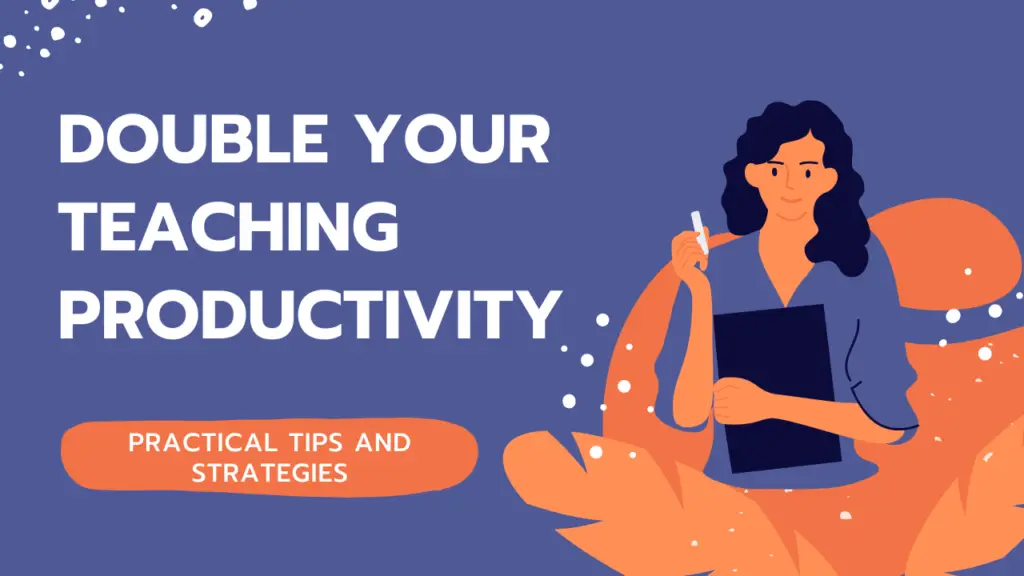



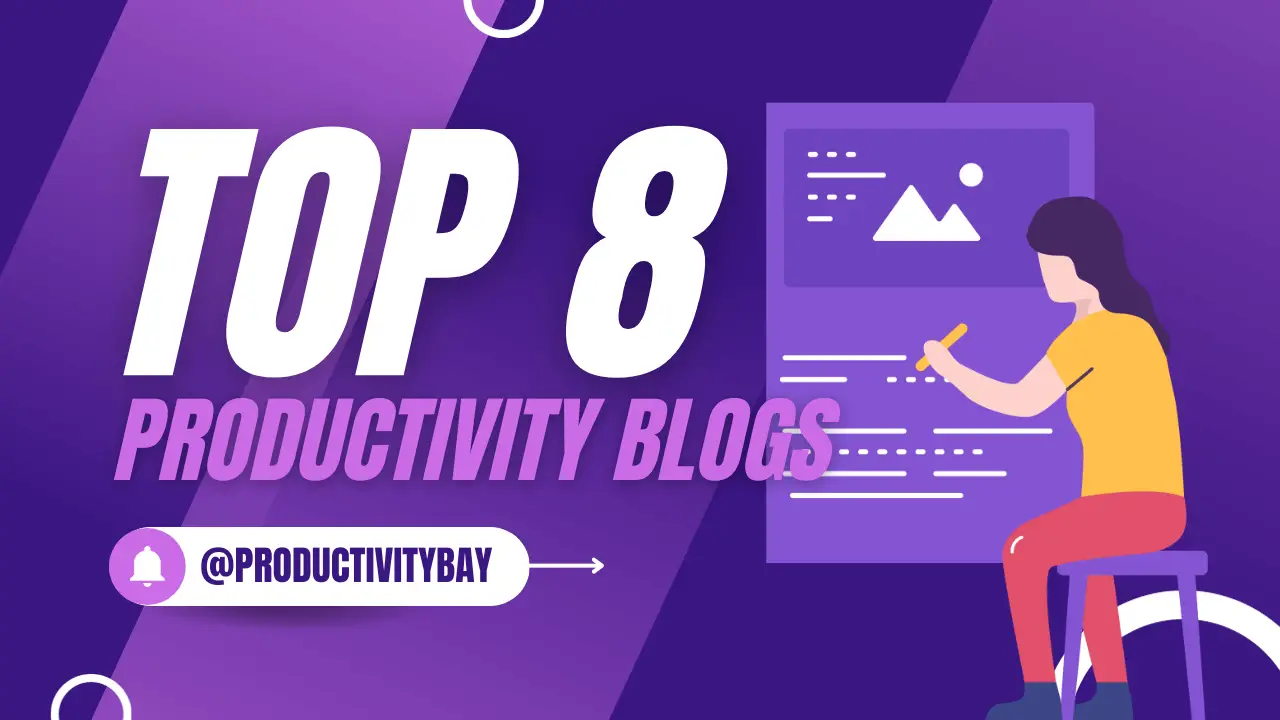

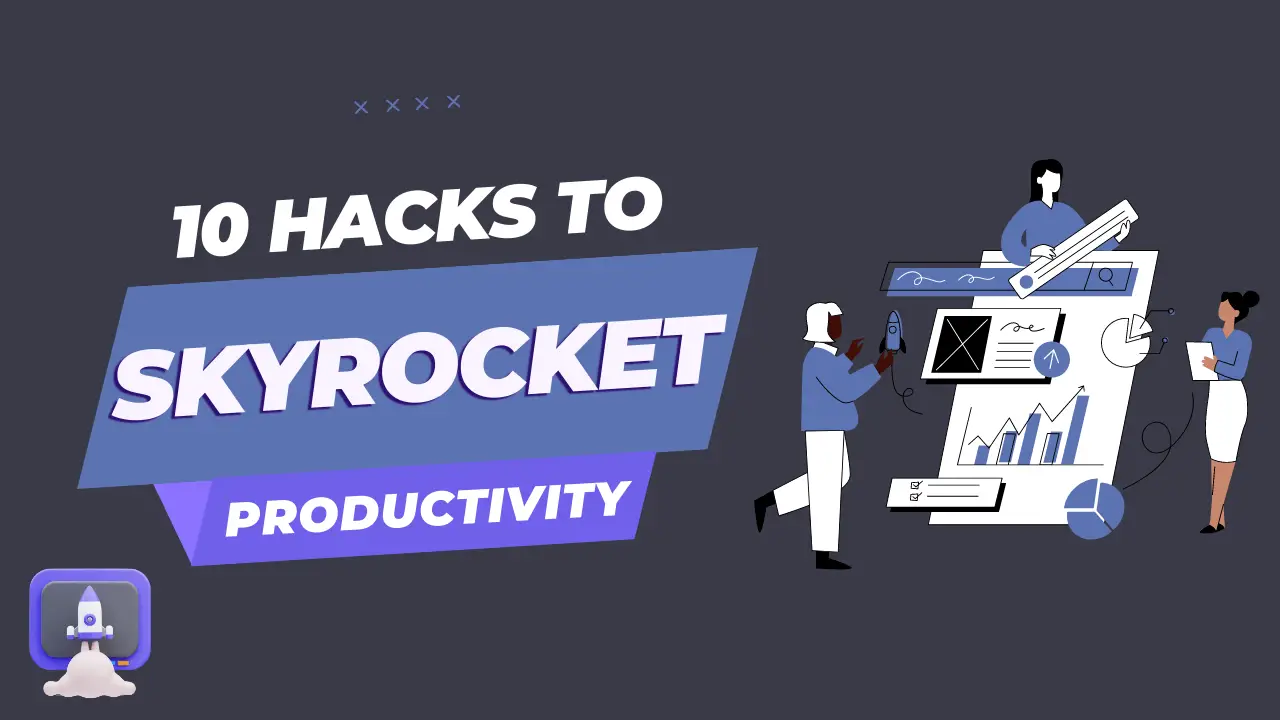
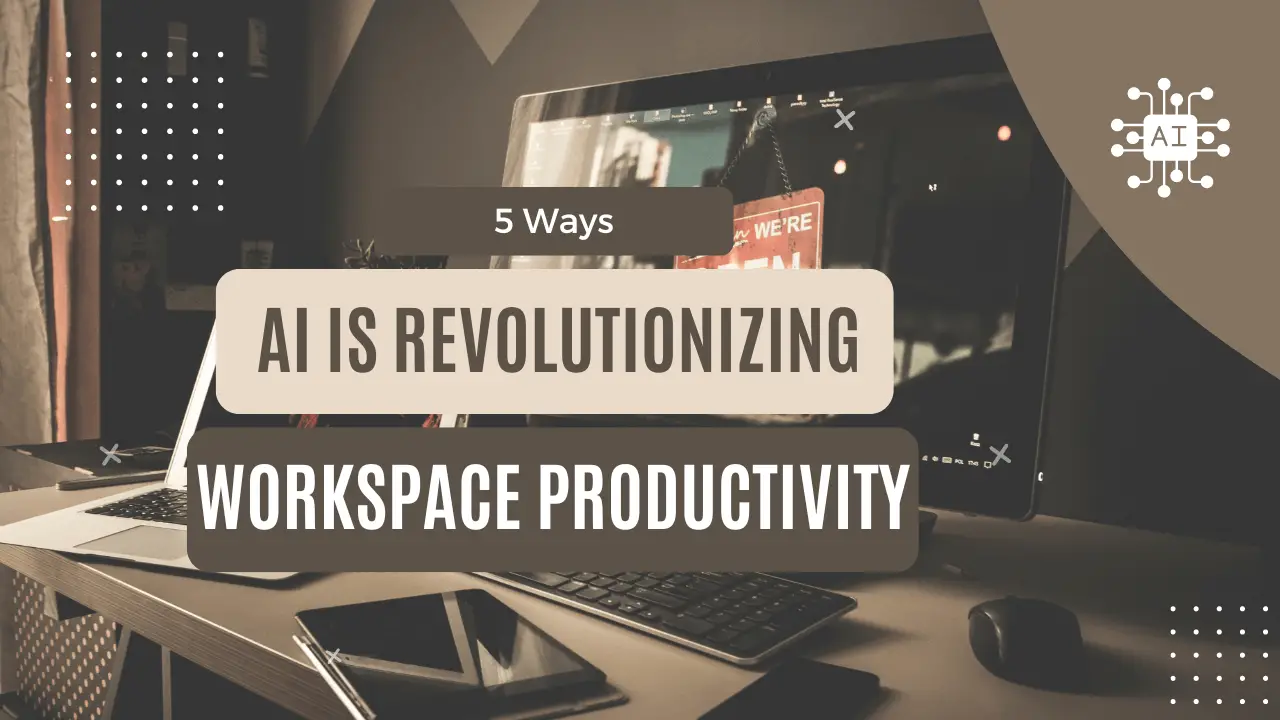
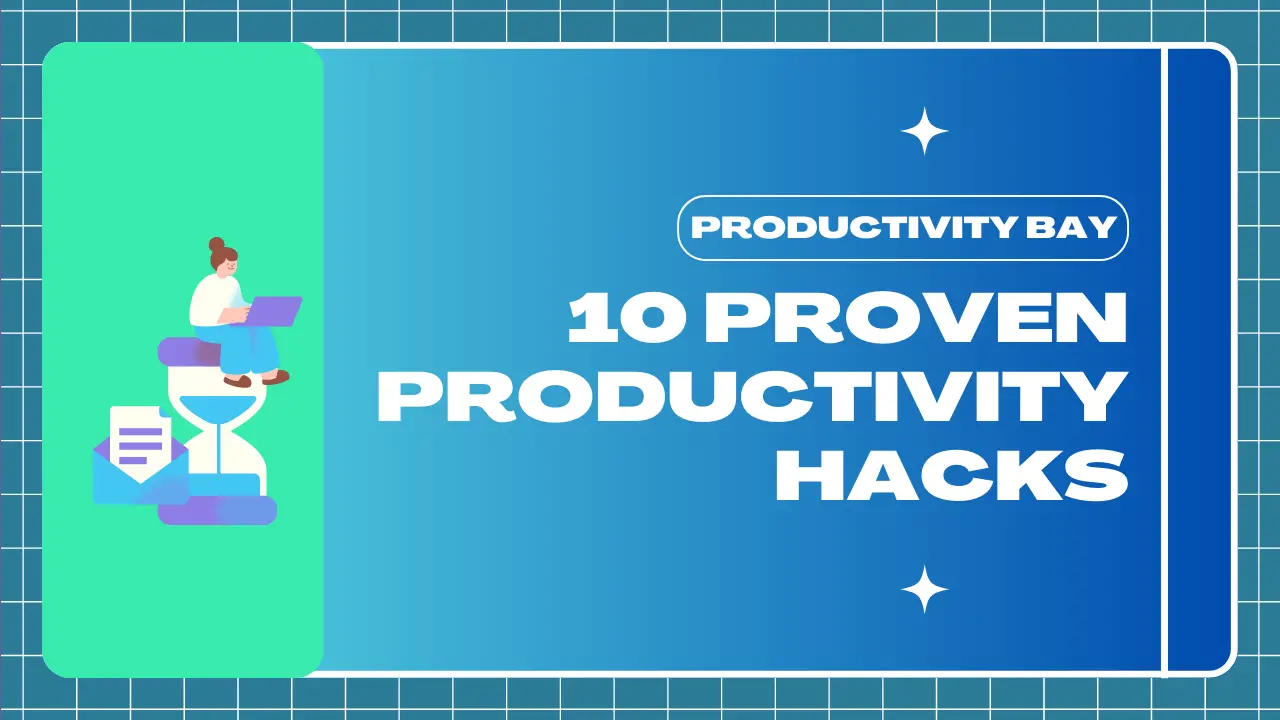




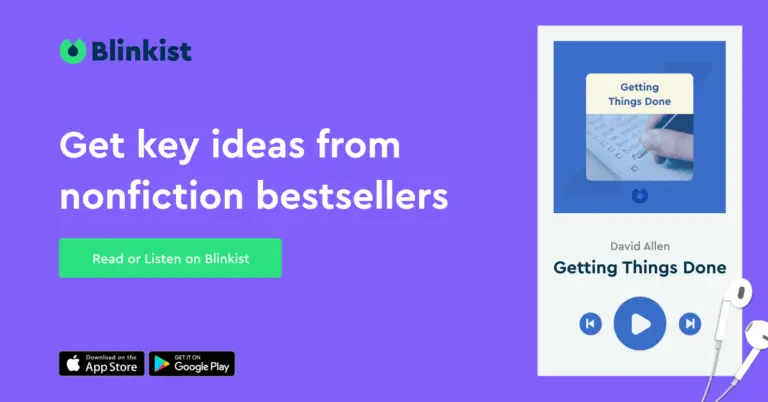
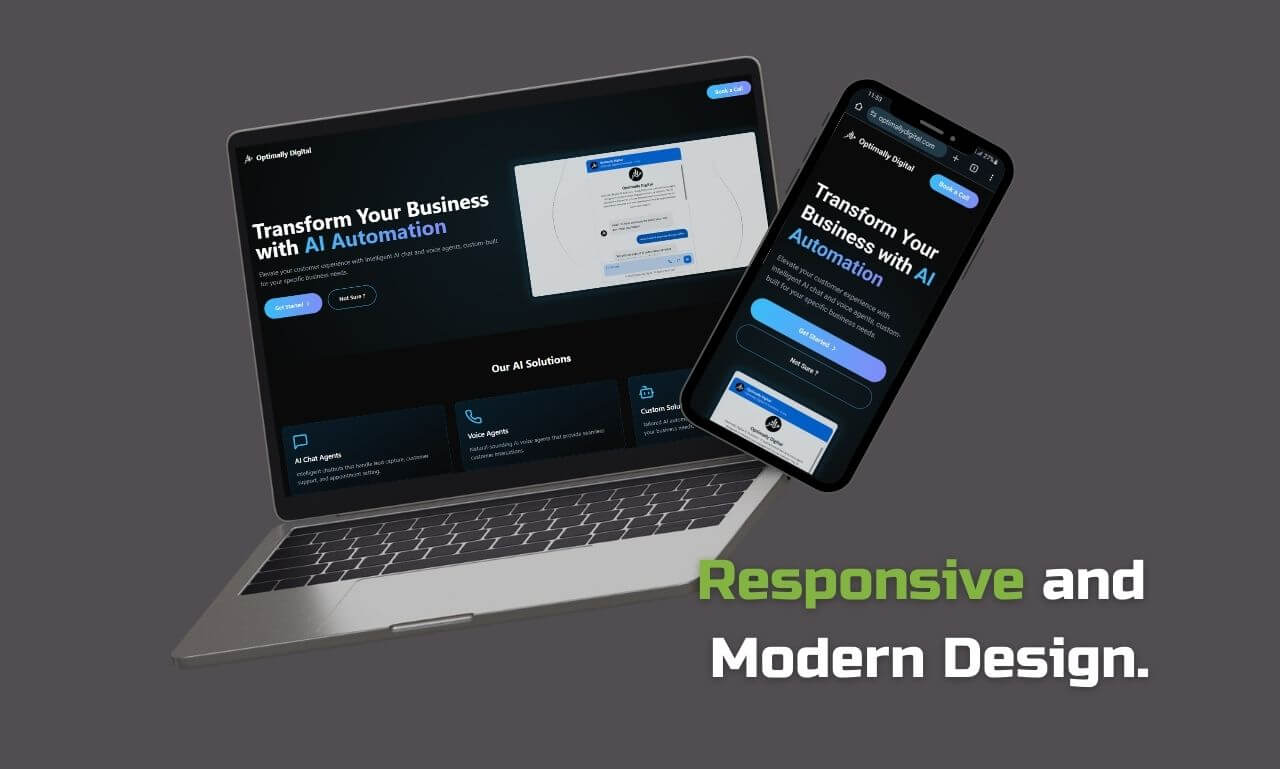
Leave a Reply